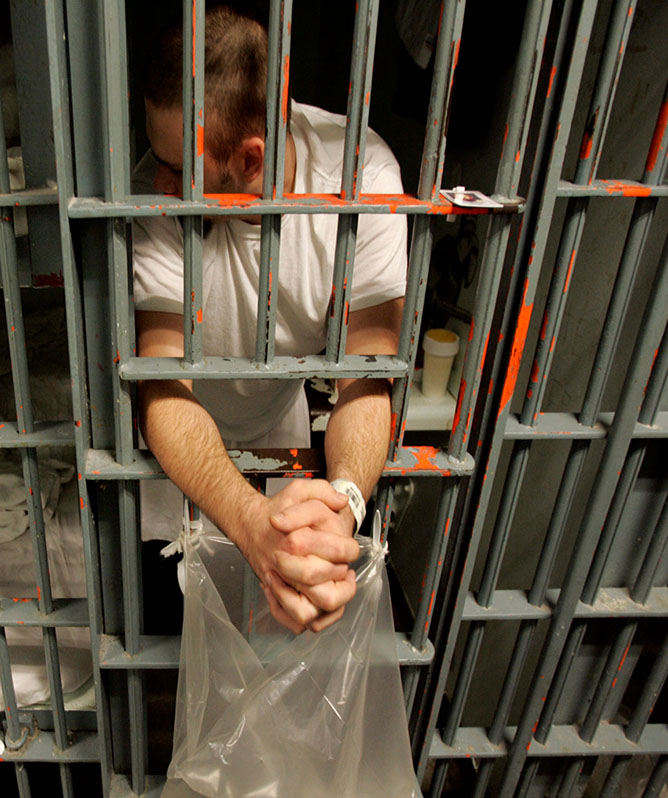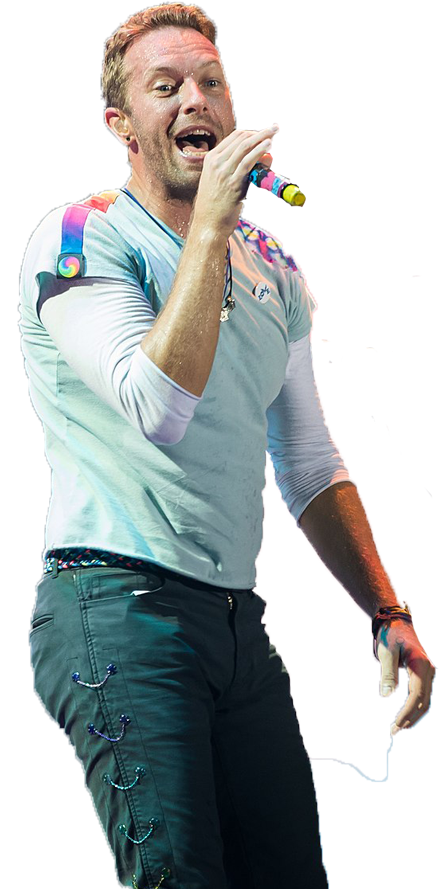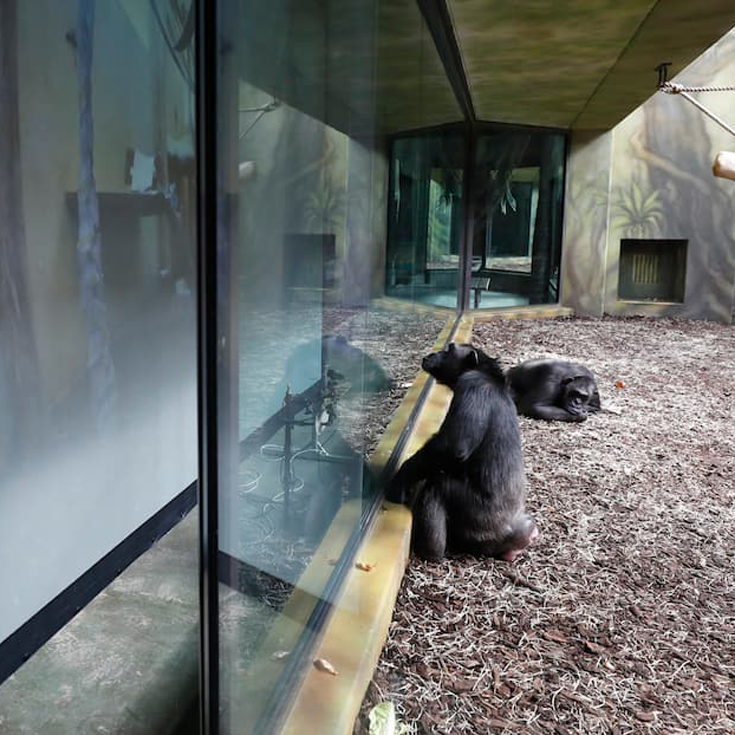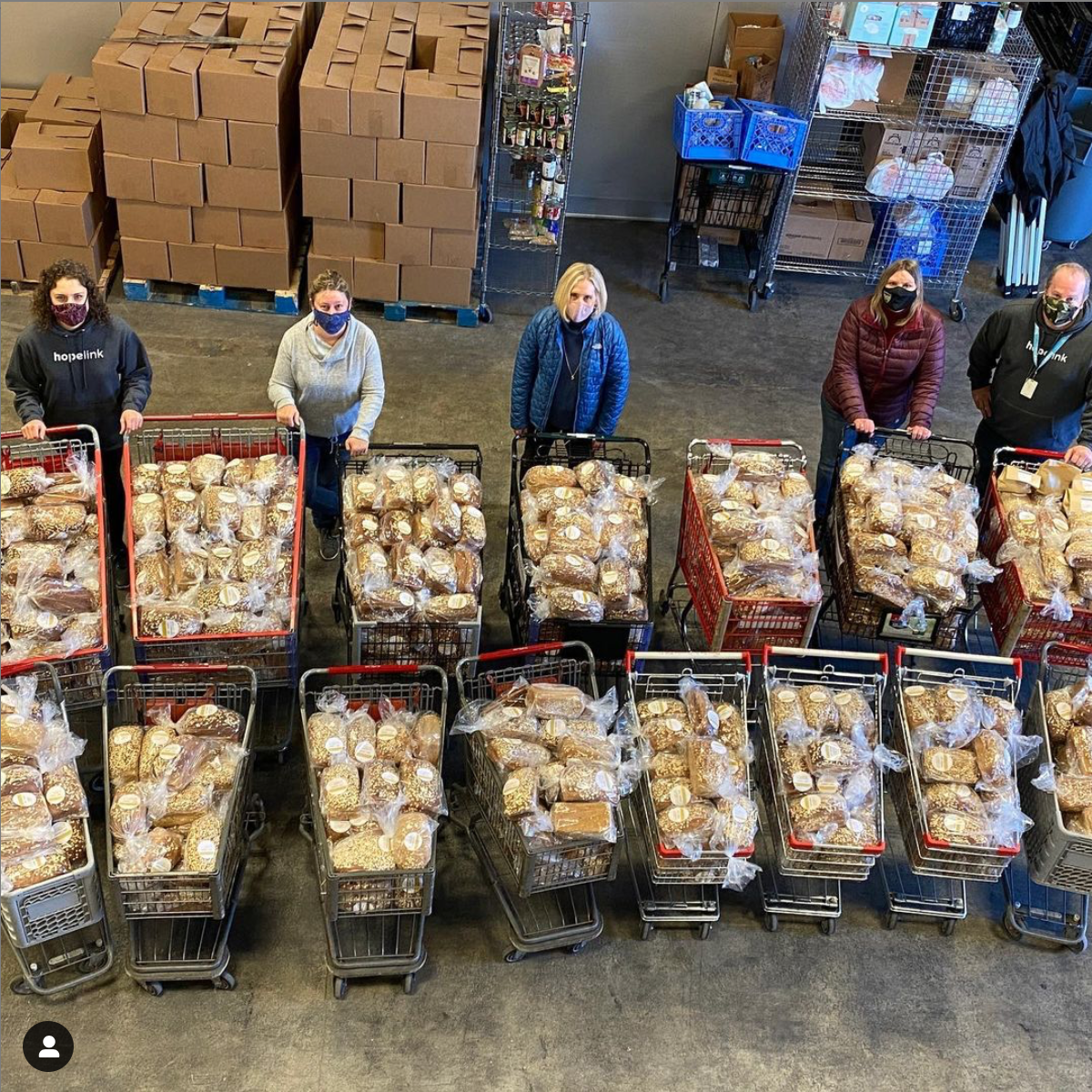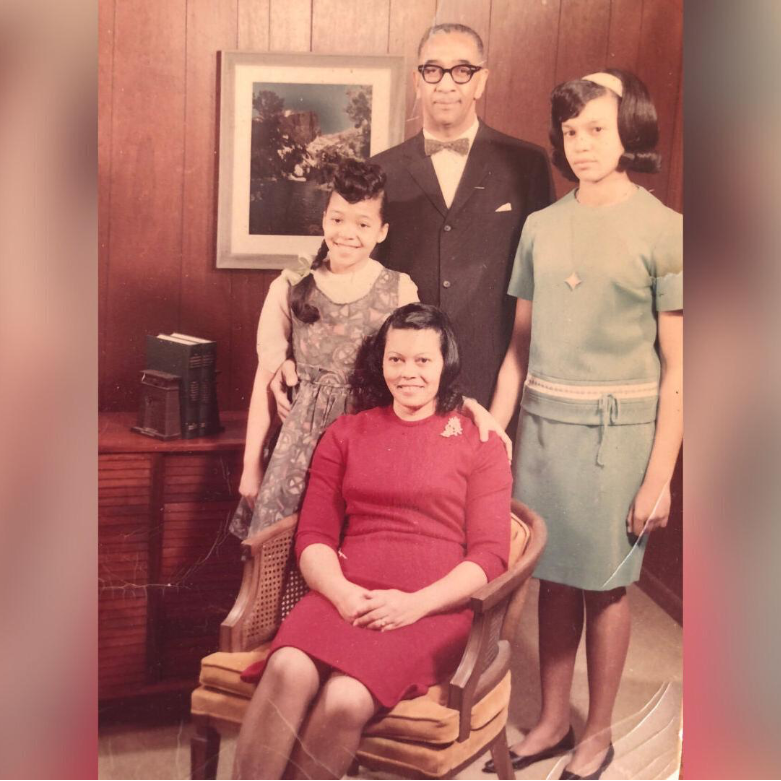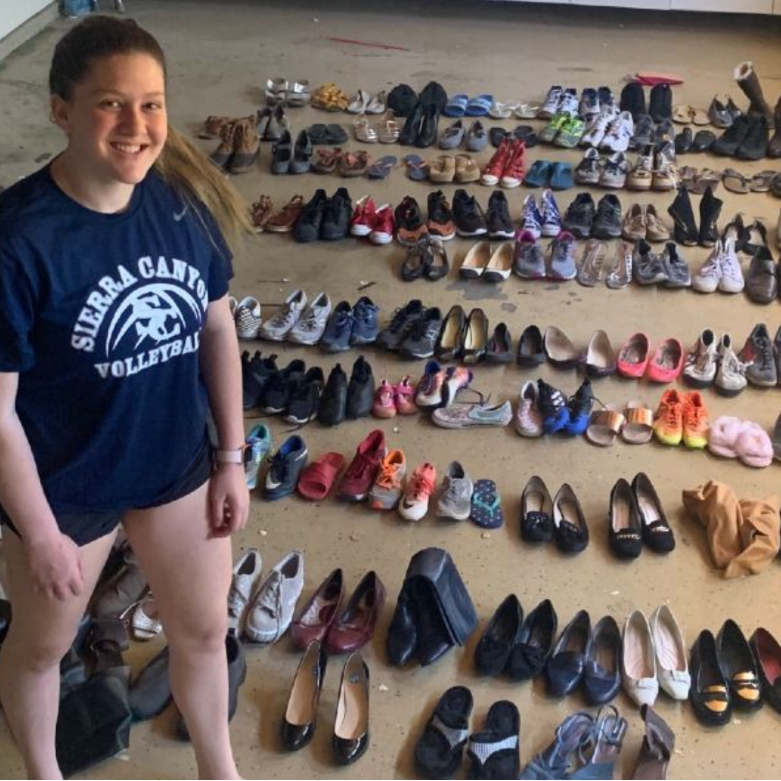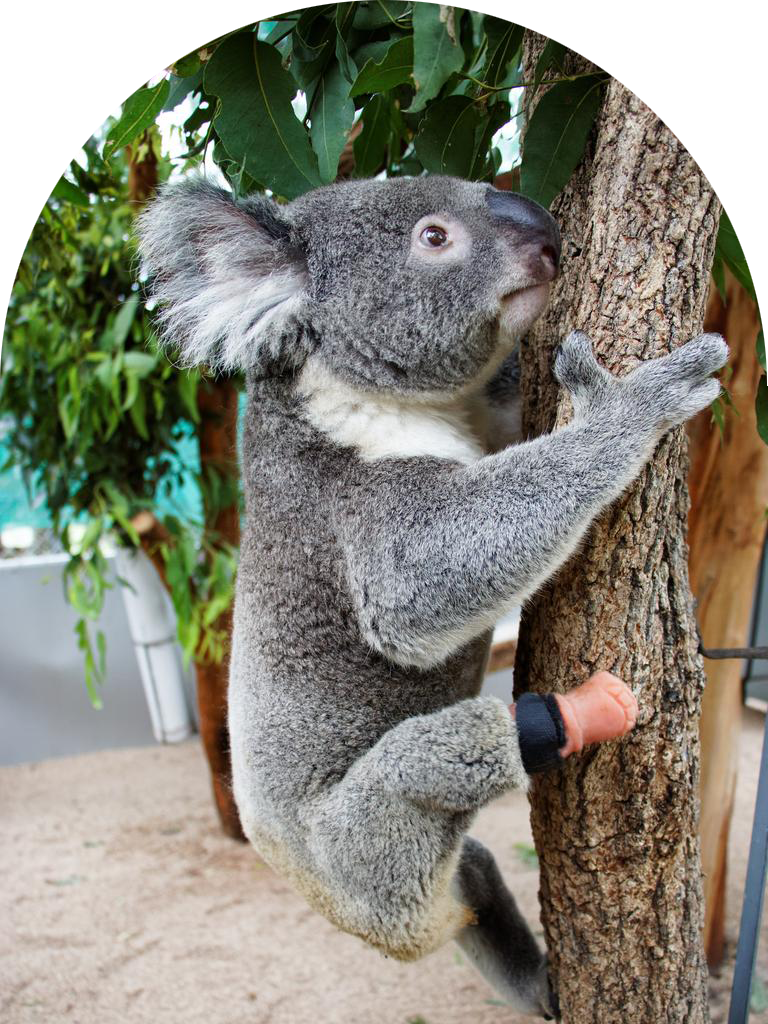Author: Kelly Brant
- Empathy Training For Parole Officers Has Lead to a 13% Drop in Previously Incarcerated Reoffending
- UC Berkeley recently released a study that noted a directed correlation between empathy training for parole officers and a decrease in recidivism. Recidivism refers to the tendency to relapse into a previous condition or mode of behavior. Relating to the notion of criminal justice, recidivism refers to a convicted criminal reoffending. The researchers surveyed more than 200 officers who are responsible for overseeing over 20,000 formerly incarcerated individuals. Monitored over the course of 10 months, it was found that there was 13% decrease in recidivism among the clients of parole and probation officers who participated in empathy training. This supports that idea that the default mindset of our current criminal justice system is punitive as opposed to truly rehabilitative (or empathetic). Empathy training promotes parole officers getting to know and building relationships with the adults they supervise. The training includes questions on why the officers chose their profession and the benefits of valuing the perspectives of their clients. In the end, the officers were asked to write letters to new parole officers drawing on the ideas they learned in the training – an effort to continue the program and its longstanding impacts. This study is a timely one, especially during the COVID pandemic. As efforts continue to try to reduce the number of incarcerated people in the United States due to health concerns, a large number of people have recently entered the parole and probation system. This study on empathy training has been an important step in working on new and effective ways to keep people out of prison. “We seem to spend a huge amount of money on incarcerating people,” Jason Okonofua, who initiated the study, said in a quote to The Daily Californian. “It also seems to be the case that the way we have been going about it is not necessarily making those people, their families or our society better, but rather it could be making things worse.” This study is one positive step forward towards a more supportive prison system and society – one that prioritizes reintegration and rehabilitation as opposed to merely correction.
- Fix You
- The Ocean Cleanup is a non-profit organization developing advanced technologies to rid the oceans of plastic. This initiative was launched a decade ago by Dutch youth in an effort to address the Pacific garbage patch. In this specific concentrated area, huge amounts of plastic from rivers are flowing into the sea. The goal of the nonprofit is to launch a watercraft in each of the world’s most polluted rivers. The ‘Interceptor’ is a semi-autonomous watercraft developed by the Ocean Cleanup to remove plastic from rivers before it flows into the ocean. Such innovation will catch the plastic along the river’s course, where it is much easier to extract. The Ocean Cleanup now employs 100 engineers and researchers and has plans to depollute the dirtiest rivers, especially in Vietnam, the United States, Jamaica, and Thailand.
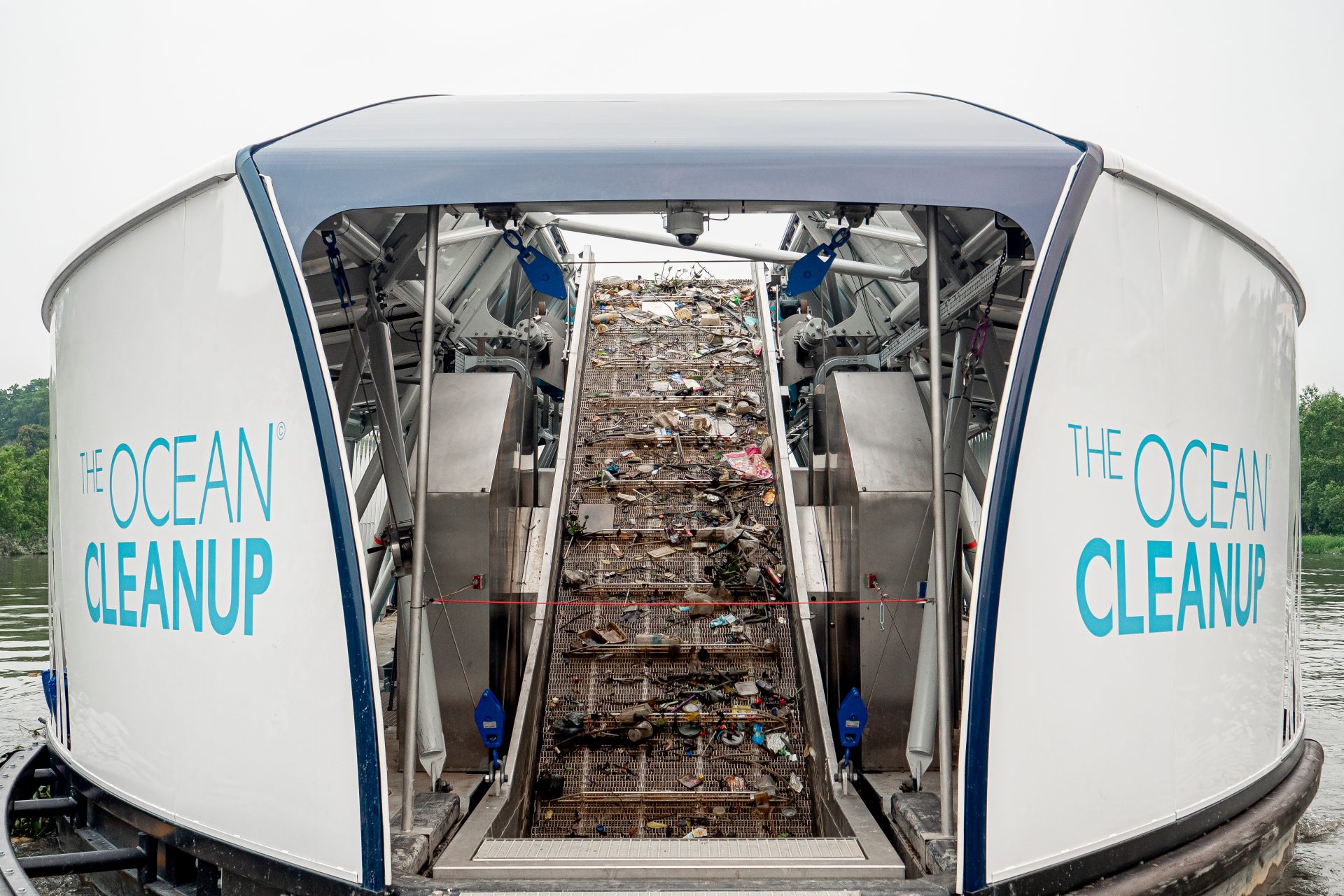 The Ocean Cleanup just got a rockstar partner. Coldplay is sponsoring the newest ‘Interceptor,’ nicknamed New Moon 1. Chris Martin, the lead singer of Coldplay stated, “Without action, there could be more plastic than fish in the oceans by 2050. We’re proud to sponsor Interceptor 005 which will catch thousands of tons of waste before it reaches the ocean.” This Interceptor is currently being manufactured by The Ocean Cleanup’s partner, Konecranes, in their Malaysia facility, for deployment this spring.
The Interceptors are solar-powered barges with an internet connection to allow researchers to gather performance and collection data. Further, the onboard dumpsters automatically notify
operators when they become full. They are being deployed all over the world. The first one was launched in 2019 in the Klang River in Kuala Lumpar, one of the most polluted rivers. The second watercraft is located in the Cengkareng Drain in Jakarta and extracts 220,000 pounds of trash per day. The third Inceptor is operating in the Rio Ozama in Santo Domingo, Dominican Republic.
There is a sense of mutual respect between Coldplay and the CEO of The Ocean Cleanup, Boyan Slat. Slat stated, “I’ve long admired the work of Coldplay. They are doing great things to promote a better environment and they are world-renowned for these efforts...and the reach of their voice is immense.” Not only does Coldplay use their voice to make beautiful music, but they are also using it to raise awareness and address the impacts of pollution.
The Ocean Cleanup just got a rockstar partner. Coldplay is sponsoring the newest ‘Interceptor,’ nicknamed New Moon 1. Chris Martin, the lead singer of Coldplay stated, “Without action, there could be more plastic than fish in the oceans by 2050. We’re proud to sponsor Interceptor 005 which will catch thousands of tons of waste before it reaches the ocean.” This Interceptor is currently being manufactured by The Ocean Cleanup’s partner, Konecranes, in their Malaysia facility, for deployment this spring.
The Interceptors are solar-powered barges with an internet connection to allow researchers to gather performance and collection data. Further, the onboard dumpsters automatically notify
operators when they become full. They are being deployed all over the world. The first one was launched in 2019 in the Klang River in Kuala Lumpar, one of the most polluted rivers. The second watercraft is located in the Cengkareng Drain in Jakarta and extracts 220,000 pounds of trash per day. The third Inceptor is operating in the Rio Ozama in Santo Domingo, Dominican Republic.
There is a sense of mutual respect between Coldplay and the CEO of The Ocean Cleanup, Boyan Slat. Slat stated, “I’ve long admired the work of Coldplay. They are doing great things to promote a better environment and they are world-renowned for these efforts...and the reach of their voice is immense.” Not only does Coldplay use their voice to make beautiful music, but they are also using it to raise awareness and address the impacts of pollution.
- Chimps Zoom Each Other Everyday To Help Beat The Pandemic Isolation
- It’s a well-known fact that chimps are humans closest relative within the animal world. We have all watched as over the years, different chimps have learned to sign and communicate with humans. Even beyond just basic communication, chimps too possess emotions similar to humans. They feel happy, sad, angry, frustrated. So, given this global pandemic that has been trying on us all, why would the same not go for chimps? Chimps are social creatures, and in an effort not to give these animals COVID-19, many zoos have had to limit their contact with humans and even other chimps. Just as social isolation has been trying on us humans, the chimps are going through something very similar. They are lonely, bored, and confused. To make up for a lack of visitors to the zoo this past year due to COVID restrictions and to raise the chimps’ spirits, two Czech zoo have come together to arrange daily Zoom calls so that the animals can interact and watch each other. "At the beginning they approached the screen with defensive or threatening gestures, there was interaction," said Gabriela Linhartova, ape keeper at Dvur Kralove, 84 miles east of Prague, in a statement to CNN. "It has since moved into the mode of 'I am in the movies' or 'I am watching TV.' When they see some tense situations, it gets them up off the couch, like us when we watch a live sport event." Funny enough, the chimps have begun adopting even more human behaviors through this daily Zoom, grabbing snacks to eat while watching the action on screen. Separate cameras of these Zoom interactions have been airing on the parks’ websites, which run from 8am to 4pm, and will continue until the end of March when the zoo keepers will evaluate if this should continue. Even if the zoos do choose to stop these adorable virtual hang outs, this is a wonderful example of how we often forget just how closely related we are to our animal brethren and the ways in which they too have been touched deeply by this global crisis.
- Detroit Activist Makes Sleeping Bags for Homeless People
- In a move to bridge sustainability and social justice, Eradajere Oleita is asking people to eat their favorite chips and donate the empty bag. The 25-year-old Detroit resident and environmental activist is making sleeping bags for homeless people in Detroit...using recycled snack bags. Calling it The Chip Bag Project, Oleita tells CNN, "The process is simple: collect bags, cut them open, iron them and then line with plastic.” Oleita got the idea from a video she found of a woman in England making blankets and sleeping bags from recycled chip bags. The foil lined bags provide insulation in addition to being waterproof and lightweight, much like an emergency blanket. When sealed together and lined with foam, the creation has the potential to make a big difference for someone living outside during Michigan’s frigid winters. In a statement to Hour Detroit, Oleita says “I’ve just been doing a lot of work around the city of Detroit, trying to get more people to talk about the connections between environmental justice and social justice, and really pushing on the topic of environmental racism. And that’s really why I wanted to do [The Chip Bag Project].” Community participation is key, as it takes about 150 chip bags to make a single person sleeping bag, and about 320 chip bags to make a two-person sleeping bag. The goal is to make at least 60 sleeping bags, which would take approximately 10,000 recycled bags. To encourage community engagement, The Chip Bag Project launched a website and Instagram page, posting instructions, donation information, and “chip-eating” events. “I want people to think about these things and for our products to come full circle. I have never been shy of humanitarian work because firstly I am...a human,” Oleita tells CNN. There are many ways to support The Chip Bag Project, and you don’t have to live in Detroit to get involved. The grass roots group has created a network for people who want to start local chapters in their hometowns, stating that they understand that there are more communities outside of Detroit that are in need. Joining the network is simple and provides a reliable platform for preserving the integrity of the Project. It ensures that funds and instructional kits are not misused for personal gain or otherwise. In combining her concerns about the environment and passion for humanitarian work, Oleita has found a way to bring communities together through helping other people. And it can be as simple as throwing your empty chip bag in the mail or donation box, rather than in the trash.
- Rolling Out Relief
- Although the sourdough starter kit trend has passed, more people than ever are baking. While many bake bread loaves for themselves or their family, 500 home bakers are going above and beyond to support their local community. Community Loaves is a Seattle-based charity composed of a coalition of hundreds of bakers with one goal: to provide fresh bread to their local food bank. Katherine Kehrli is at the helm of this initiative. Under her guidance, Community Loaves has donated 1,300 loaves of bread to Hopelink, a Seattle food bank experiencing unprecedented demand due to the pandemic. Kehrli’s specialty is a simple honey oat loaf bread. Other bakers have developed their own bread recipes, adding diversity to their food bank contribution. During Thanksgiving, they made and donated dinner rolls. For Christmas, Hopelink was flooded with holiday cookies. Fresh baked bread is a rare donation, as many people donate only non-perishable foods. These fresh baked loaves are a treat and the patrons of the food bank appreciate it. The director of Hopelink stated, “You can see smiles through masks. You still can. You can see eyes go up. 600, 700 loaves of bread now, that’s 600, 700 smiles.” In addition to helping their community, multiple Community Loaves’ bakers have shared that making bread has been a way to connect with their family. Family members, unable to visit each other, are zooming and baking together. Other people have dusted off old family recipes and been transported back to the kitchen with their grandmas. This project has illustrated a community coming together to do good. As the pandemic separates loved ones, there are still ways to maintain connections. Further, there are still ways to give back and help others. Baking with love really means something, especially now more than ever.
- Green Bay Packers quarterback Aaron Rodgers gives back
- While Aaron Rodgers is one of the best quarterbacks to ever play the game of football, his contributions off the field are just as impactful. Recently, Rodgers announced that he will be giving back to his community by donating $1 million to 80 small businesses in his hometown of Chico and all of Butte County, California.Those 80 small businesses will receive grants to help pay an average of three months’ rent through the Aaron Rodgers Small-Businesses Covid-19 Fund at North Valley Community Foundation in Chico."Small, locally owned businesses are the heart and soul of a community," Rodgers said in a press release. "In the applications and the videos, it was heart-wrenching to hear about all the obstacles facing restaurants and retail establishments. So many of them are struggling just to stay in business but remain hopeful that there's an end to this."Rodgers personally notified nine of the business owners in video calls, which he shared publicly on his Instagram account.
- 15 years after this woman found a family portrait in a used book, she is returning it to its rightful owners
- Victoria Johnson found the half-a-century old photo when she bought the book from a used book store. As a historian and professor at Hunter College at CUNY, she was immediately invested in this family. "I found this picture in whatever book it was and I was just so mesmerized by it," Johnson told CNN. "I just wanted to know who this family was." Part of Johnson’s curiosity stemmed from the time period in which the photo was taken, and the experiences they must have had as a black family in America. "This was a black family and I'm white," said Johnson. "I know they lived different lives from me because this was a picture from probably the 1960s." Realizing the power of social media, Johnson decided to take to Twitter to see if she could find the family. Soon after she posted her tweet, thousands of people united to share her post, hoping to help reunite the picture with the its owner. https://twitter.com/VSJohnsonNYC/status/1363602522632519684 "It was like this huge joint national sleuthing project," said Johnson. Less than 48 hours later, a reply came from the niece of the man pictured. https://twitter.com/ciaogirl9/status/1364275056642244613 Johnson could not believe how quickly she was able to find the family that she had wondered so much about for almost two decades. As came to learn, the photo was taken of Sheldon, Margaret, Valerie and Sharon Sudduth at their home in Topeka, Kansas. The husband and wife have since passed, but the girls currently live in Texas. At age 65, Valerie Sudduth, the youngest daughter in the photo, was shocked to see it after so many years. She told CNN that her father worked at Santa Fe Railroad and was a janitor for 47 years, while her mother was a nurse. "This picture is such a gift, it really is," said Elizabeth Rattray, a cousin to the family. "As a culture, we lose so much, we have lost so much. So any pieces that you can find and validate and verify it just it makes it that much richer."
- Philadelphia 76ers’ star Joel Embiid donates $100,000 to support the homeless
- Embiid is one of the best players in the NBA at the moment, posting 905 points, 348 rebounds, and 41 blocks in the first 30 games of the 2020-2021 season, but it is his devotion to his community off the court that sets him apart from the rest. "So many have fallen on such hard times during the pandemic," Embiid said in a statement released by the team announcing his donation. "I felt it was important to provide more support for individuals and families struggling with homelessness and food insecurity. I'm continually grateful for all of the support that Philadelphia and the fans have given me not just around All-Star but all my years in the league. I will continue to help in any way I can." He has split his donation between Project HOME, Sunday Breakfast Mission, and Youth Service Inc, and the impact that the money will have is staggering. With $100,000, he will provide:
- • 15,000 meals for homeless individuals
- • 4,000 essential clothing items donated to teens and adults
- • Care and treatment of 1,000 individuals receiving the COVID-19 vaccine
- • Support for 30+ formerly homeless families which includes education, health care, and employment
- • Funding for an entire six-week summer camp for 50+ homeless and at-risk youth
- • Shelter and essential needs for over 300 teens facing homelessness
- Donating Dignity
- It was a few months before her bat mitzvah when Lindsay Sobel became aware of the struggles of homeless people. She was specifically shocked at the fact that those living on the streets of Los Angeles lacked proper footwear. For her Tikkun Olam- an “act of repairing the world” which is integral part of the bat mitzvah ceremony- Sobel started Shoes for Soles. The central mission of her charity was to collect and distribute shoes to Southern Californians in need. She went above and beyond in order to give back. Lindsay urged her teammates, friends and neighbors to donate and organized various school shoe drives. During the pandemic, Sobel is using the Internet to encourage donations via the Next Door app. To date, Shoes for Soles has re-distributed 30,000 pairs of gently worn shoes. She personally makes sure the shoes are in proper working condition because, as she states, “A fresh, new pair of shoes can really brighten someone’s day, brighten their attitude, and their outlook on life.” Homeless people deserve the same respect as those more financially fortunate. Shoes help people put their best foot forward. Providing someone with shoes improves their health, ability to find a job, and so much more. Lindsay continues to help more people in need and continue her charitable efforts. She is receiving awards and recognition for her recent work but sees the need for more work to be done. Something that started as a small project has blossomed into a huge initiative. The heart and sole she is giving to this charitable effort illustrates the ability to give back, something that we all have within us.
- Bear-y Good News
- Triumph is a five-year-old male koala born without a foot. Veterinarian nurse Marley Christian rescued the joey koala in New South Wales in 2017. She had found him laying next to his dying mother with only three feet and an exposed bone in place of the fourth. Marley Christian still is Triumph’s primary care giver at the Friends of the Koala Centre in Lismore. After many failed attempts at finding a proper prosthetic for Triumph, a dentist came to the rescue. Dental prosthetist Jon Doulman learned about Triumph and jumped to action. When ABC asked him what sparked his desire to get involved, he stated, "I take impressions of mouths, and all dentures are different, and it just dawned on me that I should have a go and see if I can manufacture something for him," Doulman told ABC. He created a pink prosthetic, with a velcro strap to help keep it on Triumph’s leg. There is a tread on the bottom to help the koala grip while walking and climbing. As soon as Marley put the boot on him, Triumph did a jump and immediately started running and climbing. Triumph became a whole new koala in front of Marley’s tear filled eyes. Dr. Doulman is working on improving his prototype but right now, it seems to be working exceptionally well for Triumph. A US based 3D printing company is also working on creating a new prosthetic for Triumph, but the pandemic has halted their plans. It may no longer be needed considering how well Triumph is doing at the moment. Dr. Doulman is not expecting to continue this type of work in the future, he just saw a need and thought he could help out. Regardless, one thing is for certain: this is a Triumph for Triumph and koalas born without limbs everywhere.
